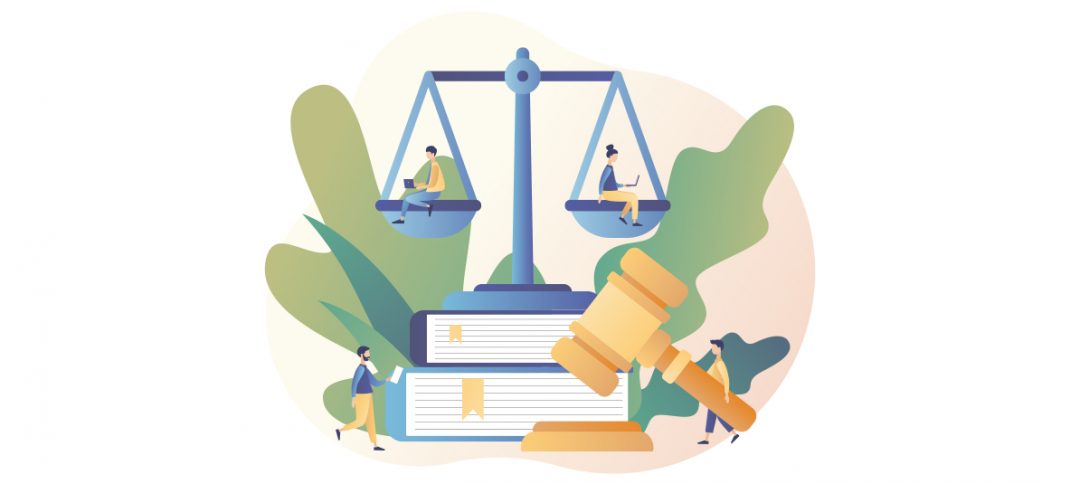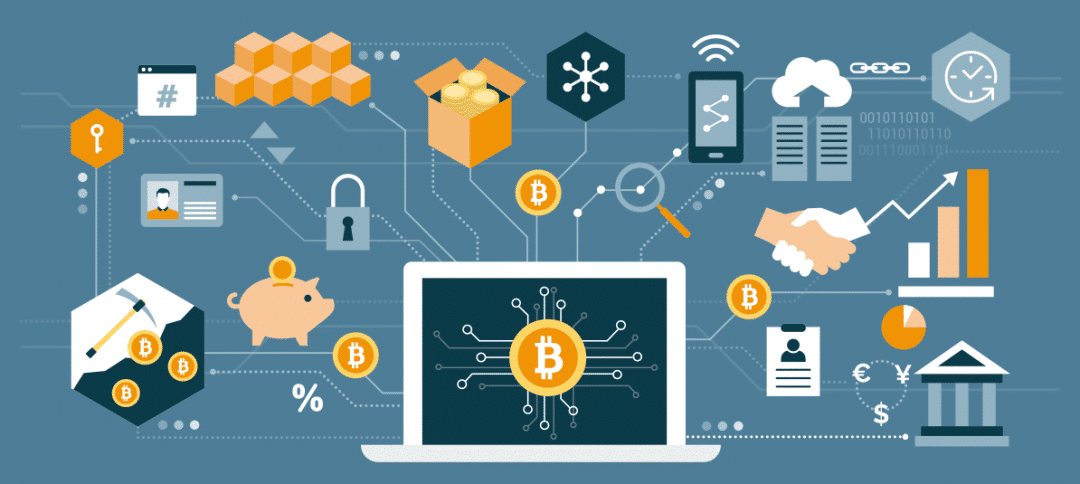Epidemics, pandemics, endemics, nuclear transmutation, earthquakes, wars, terrorist acts … If you take a look at the contract of an insurance policy, you will see that there is a whole array of unusual situations that the vast majority of insurers will not cover. These fall within the so-called “exclusion clauses”. And it is logical: premiums are calculated taking into account a prior risk analysis, something impossible to measure in these kinds of one-off and unpredictable circumstances. The Chinese coronavirus crisis is a good example of this.
The official declaration date is key
Does this mean that you would not be covered if you were at the epicenter of a health emergency like the one in Wuham? Not entirely. First, you would have to get precise information on when the epidemic was officially declared. In this case, the insurance industry considers January 22 as the official start of the crisis. Therefore, if your travel insurance was taken out before that date, you would be entitled to medical care and assistance if the illness forced you to shorten your trip or even extend your stay. In fact, this is something we are already seeing: most travel insurers are reimbursing costs derived from cancellations as well as medical expenses prior to the spread of the virus.
Administrations to the rescue!
As of that date, and as a result of the warning issued by the WHO, the coordinated actions of supranational organizations and affected governments came into play. For example, the European Union, at the request of France, activated the Civil Protection Mechanism on January 29, thanks to which several planes were organized to evacaute more than 400 European citizens from the Wuhan area. “The EU does not forget its citizens in need, wherever they may be in the world,” announced Brussels. The cost of the operation was co-financed between the EU and the countries with citizens trapped at the epicenter of the epidemic.









